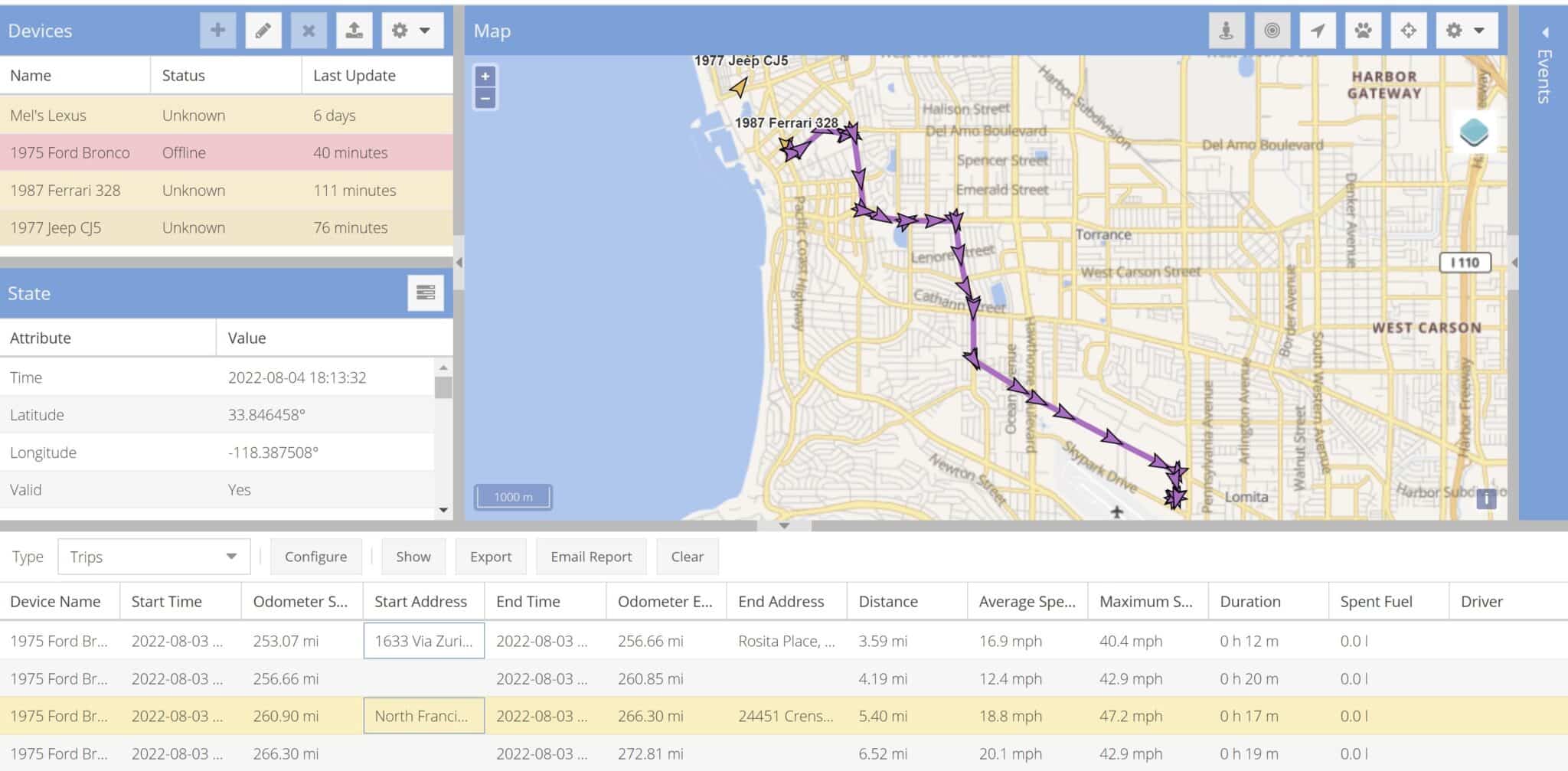As a fleet manager, you know the challenges of running a fleet of vehicles. From managing drivers to ensuring timely deliveries, many factors can impact the success of your fleet. However, one factor that often goes overlooked is your fleet’s impact on the environment. By using Garage 77 Fleet GPS, you can optimize fuel efficiency, reduce carbon emissions, and ultimately create a more eco-friendly fleet. In this article, we will explore the benefits of using Garage 77 Fleet GPS and the strategies you can use to improve your fleet’s fuel efficiency.
How Garage 77 Fleet GPS Works:
Garage 77 Fleet GPS uses advanced technology to track the location and performance of your vehicles in real time. By collecting data on factors such as speed, idle time, and routes taken, our system can provide insights into how you can improve your fleet’s efficiency. With this data, you can optimize routes, reduce idle time, and encourage eco-friendly driving habits for your drivers.
Benefits of Using Garage 77 Fleet GPS:
Using Garage 77 Fleet GPS can provide many benefits for your fleet, including:
Reduce fuel consumption: Optimizing fuel efficiency can significantly lower your fuel consumption, saving you money in the long run.
Lower carbon emissions: By reducing fuel consumption, you can also lower your carbon emissions, which is better for the environment.
Extend vehicle lifespan: Proper vehicle maintenance can ensure that your fleet is running efficiently and consuming less fuel, which can help extend the lifespan of your vehicles.
Improve driver safety: By tracking the location and performance of your vehicles, you can monitor driver behavior and identify areas where they can improve their driving habits for better safety.
Enhance customer satisfaction: Optimizing routes and reducing delivery times can improve customer satisfaction and build a better reputation for your business.
Ways to Improve Fuel Efficiency with Garage 77 Fleet GPS:
Based on the data collected by Garage 77 Fleet GPS, here are some strategies you can use to improve your fleet’s fuel efficiency:
Reduce idle time: You can significantly lower your fuel consumption by reducing idle time. Encourage your drivers to turn off their engines when not driving, such as during deliveries or when waiting for loading and unloading.
Optimize routes: Plan the most efficient routes for your drivers, minimizing time spent on the road. Use the data Garage 77 Fleet GPS collected to identify areas where your drivers can take more efficient routes to reduce fuel consumption.
Encourage eco-friendly driving: Train your drivers to adopt eco-friendly driving habits like avoiding hard braking and rapid acceleration. Use the data Garage 77 Fleet GPS collected to identify areas where your drivers can improve their driving habits to reduce fuel consumption and improve safety.
Maintain vehicles: Proper vehicle maintenance ensures that your fleet runs efficiently and consumes less fuel. Schedule regular maintenance checks to identify and address issues impacting your fleet’s fuel efficiency.
Frequently Asked Questions (FAQs):
What is an Eco-Friendly Fleet?
An eco-friendly fleet is a group of vehicles that are designed and operated in a way that minimizes their impact on the environment. These vehicles typically have lower carbon emissions, consume less fuel, and are more efficient overall. Organizations, including transportation companies, delivery services, and government agencies, can use eco-friendly fleets.
How Can You Make Your Fleet More Eco-Friendly?
If you’re interested in making your fleet more eco-friendly, there are several strategies you can employ. One of the most effective is investing in technology that can help optimize fuel efficiency and reduce carbon emissions. This is where Garage 77 Fleet GPS comes in.
What is Fuel Efficiency?
Fuel efficiency refers to the fuel a vehicle consumes to travel a certain distance. More fuel-efficient cars can travel further on the same amount of fuel, making them more efficient and cost-effective overall. Improving fuel efficiency is an important goal for fleets organizations, as it can help reduce fuel costs and lower carbon emissions.







